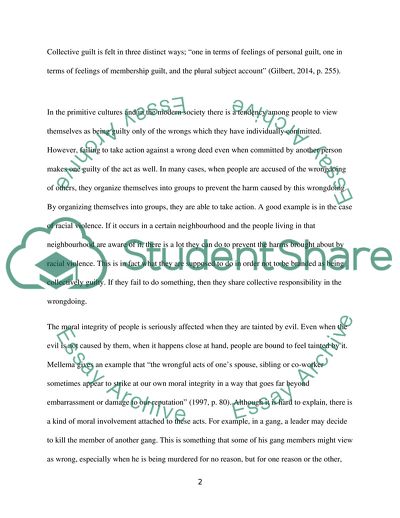Cite this document
(Ethics in Theory and in Practice Essay Example | Topics and Well Written Essays - 1750 words, n.d.)
Ethics in Theory and in Practice Essay Example | Topics and Well Written Essays - 1750 words. https://studentshare.org/philosophy/1856637-ethics-in-theory-and-in-practice
Ethics in Theory and in Practice Essay Example | Topics and Well Written Essays - 1750 words. https://studentshare.org/philosophy/1856637-ethics-in-theory-and-in-practice
(Ethics in Theory and in Practice Essay Example | Topics and Well Written Essays - 1750 Words)
Ethics in Theory and in Practice Essay Example | Topics and Well Written Essays - 1750 Words. https://studentshare.org/philosophy/1856637-ethics-in-theory-and-in-practice.
Ethics in Theory and in Practice Essay Example | Topics and Well Written Essays - 1750 Words. https://studentshare.org/philosophy/1856637-ethics-in-theory-and-in-practice.
“Ethics in Theory and in Practice Essay Example | Topics and Well Written Essays - 1750 Words”. https://studentshare.org/philosophy/1856637-ethics-in-theory-and-in-practice.


